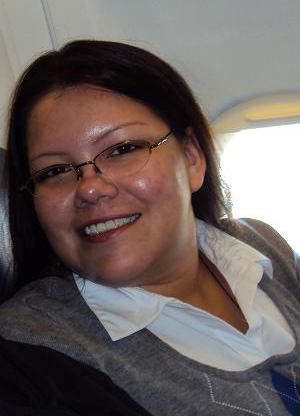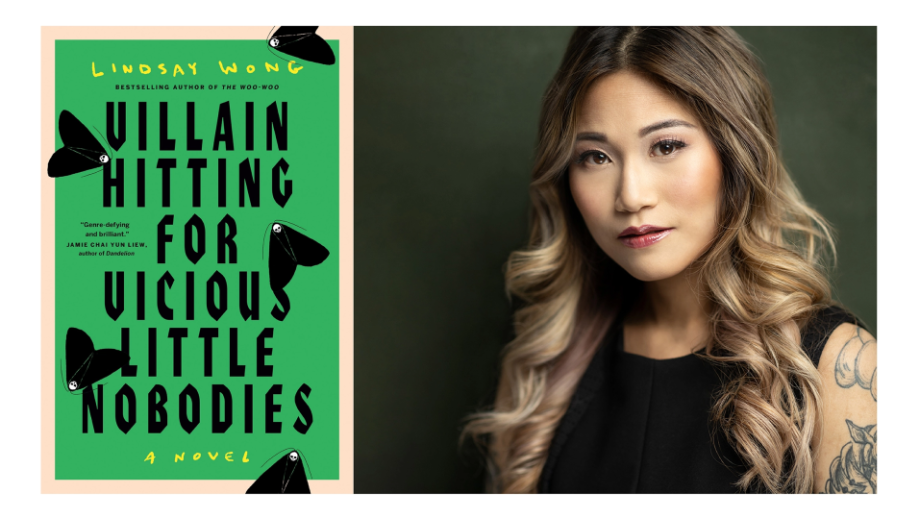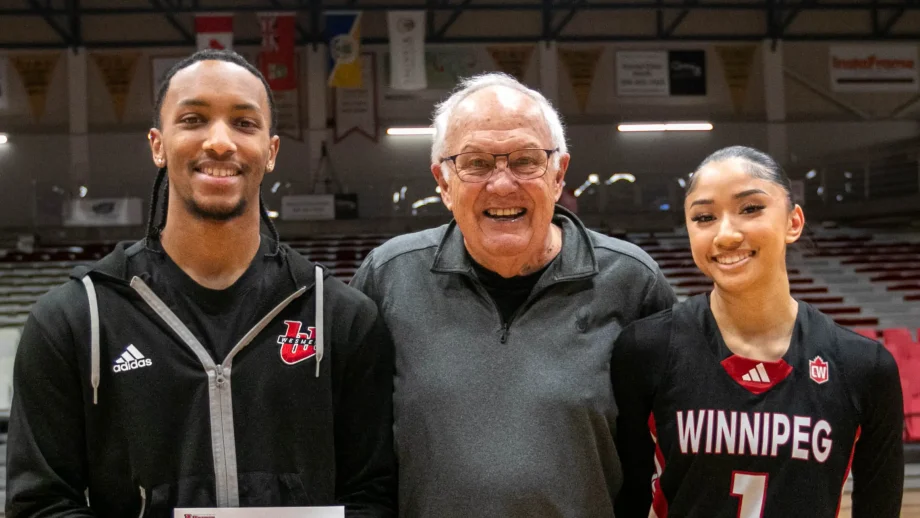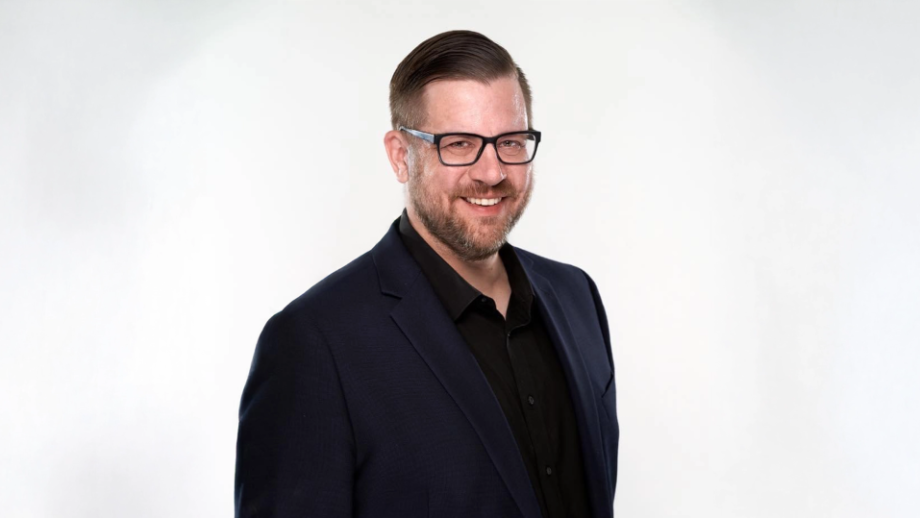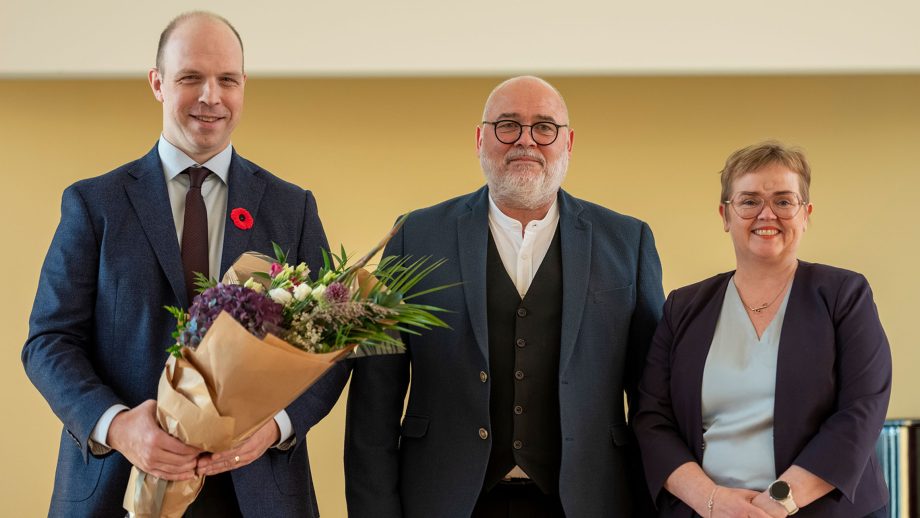WINNIPEG, MB – Angel Compton grew up in Sandy Bay Ojibway First Nation surrounded by the legacy of residential schools. Her aunts, uncles, grandparents – all were residential school survivors “and it affected us a lot,” said the 26 year-old University of Winnipeg student. “Yet even though my family went through that, they always stressed that it was important to get a good education. So here I am.”
Compton is one of two students just awarded a University of Winnipeg Scholarship in honour of the work of the Truth and Reconciliation Commission of Canada. She hopes to graduate with her Bachelor of Arts in Indigenous Studies next spring.
“This scholarship really helped take the financial weight off my shoulders,” said Compton. “My goal is to return to my home community and hopefully, create a community centre for youth.” She has been working intensively with First Nations flood evacuees who have been stranded in hotel rooms for months, organizing activities for children and their families.
Honouring residential school survivors
In June 2010, Dr. Lloyd Axworthy, President and Vice-Chancellor, UWinnipeg, appeared before the Truth and Reconciliation Commission of Canada’s first national event at the Forks. Axworthy announced the new scholarship to recognize the important work of the Truth and Reconciliation Commission and to honour students who are descendants of survivors of residential schools or who themselves are residential school survivors. Axworthy noted The University of Winnipeg is located on Treaty One land, a treaty that promised educational opportunities for First Nations people.
Two TRC scholarship awards of $5,000 are made annually. The second student awarded the 2011 Truth and Reconciliation Commission of Canada scholarship is Priscilla Maud. In 2010, students Nicole York and Rachel Green were awarded UWinnipeg’s first TRC scholarships.
Approximately 12% of UWinnipeg’s student population is First Nations, Métis, and Inuit students, making UWinnipeg one of the top universities in Canada for Indigenous participation. Find out more about Indigenous services and supports at The University of Winnipeg at: http://indigenous.uwinnipeg.ca
MEDIA CONTACT
Diane Poulin, Communications Officer, The University of Winnipeg
P: 204.988.7135, E: d.poulin@uwinnipeg.ca

